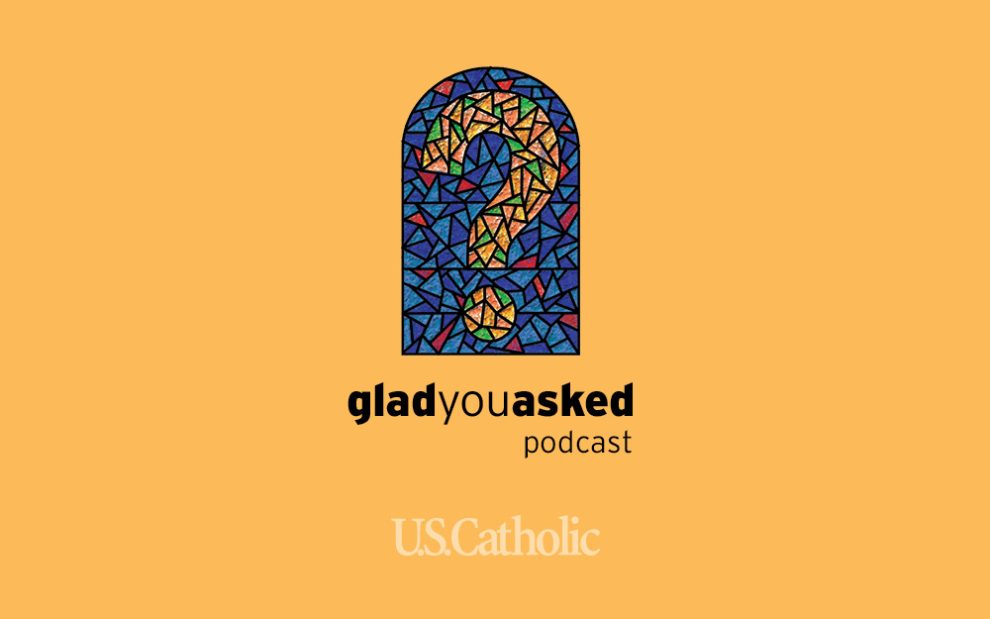Listen on: Spotify | Apple Podcasts
In the Christian tradition, “apocalypse” simply means revelation, or unveiling. Yet somewhere along the line, the word came to be associated not just with prophecies about the end of the world, but with the end of the world itself—or at least with vast catastrophes and the fall of civilizations. And for some reason, people love stories about such catastrophes. This fascination with the apocalypse is not confined to fringe religious groups waiting for Jesus to return, or preppers hiding out in bunkers. It’s not even confined to people of faith. Apocalyptic themes can be found across the gamut of our entertainment, from pop culture to more highbrow offerings. Whether nuclear war, climate catastrophe, alien invasions, lethal pandemics, or hostile artificial intelligence, envisioning the world we know it being snuffed out appears to be prime entertainment.
On this episode of Glad You Asked, the hosts talk to author, scholar, and educator Ed Simon about the concept of apocalypse, whether humans have always obsessed over the world ending, and why we’re so interested in the end times anyway. Simon is the author of over a dozen books, including The Dove and the Dragon: A Cultural History of the Apocalypse (Fortress Press), and Writing During the Apocalypse (Bloomsbury Publishing). He is the Public Humanities Special Faculty in the English Department of Carnegie Mellon University and the Editor-in-Chief for Belt Magazine and the forthcoming Pittsburgh Review of Books.
Learn more about this topic, and read some of Simon’s work, in these links.
- Writing During the Apocalypse, by Ed Simon
- The Dove and the Dragon: A Cultural History of the Apocalypse, by Ed Simon
- “Apocalypse is the Mother of Beauty,” by Ed Simon
- “On the Limits of Language at the End of the World,” by Ed Simon
- “Why Are We So Obsessed With the End of the World?” by Christian Lorentzen
- “In today’s political rhetoric, apocalypse always looms,” by Heidi Schlumpf
- “The Book of Joel offers hope in the face of apocalypses,” by Alice Camille
Glad You Asked is sponsored by the Claretian Missionaries USA, a congregation of Catholic priests and brothers who live and work with the most vulnerable among us. To learn more, visit claretians.org.














Add comment